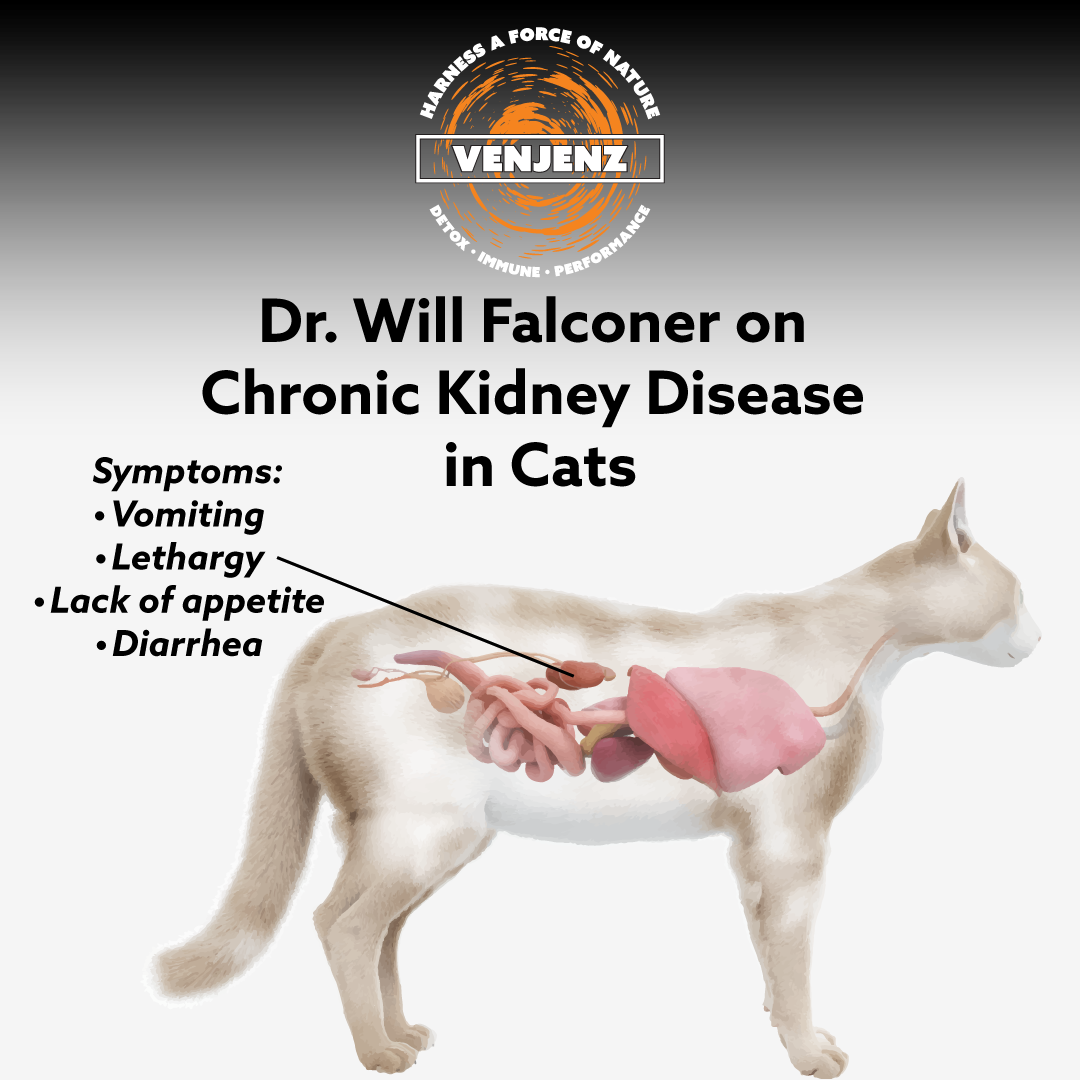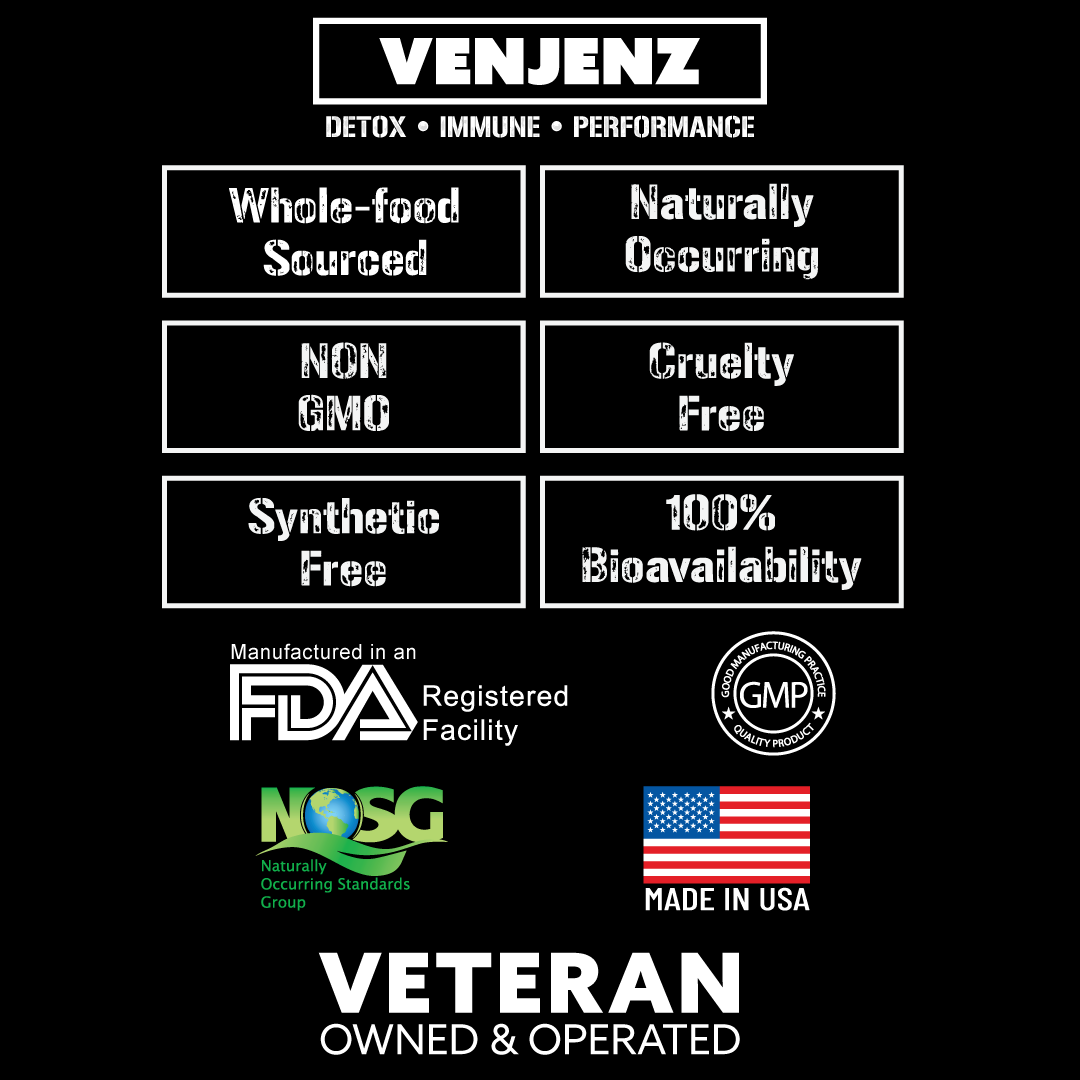How many times have you heard someone say they don’t like to travel longer distances because they need to be close to a bathroom? How many times have you heard someone say they have “irritable bowel” syndrome? How many times have you heard someone ask if something is “gluten-free”? The reality is, they likely don’t have an allergy, they weren’t born that way and they can’t figure out the source of the problem… Gut inflammation manifests in people & animals in similar ways except your pets can’t tell you they’re suffering in pain like a human can.
Gut inflammation, an issue prevalent among both humans and domesticated animals alike, has garnered increasing attention due to the negative impacts it has on one’s lifestyle. The gut, often referred to as the "second brain," plays a crucial role in overall health. Have you ever heard of the gut-brain axis? It links the enteric and central nervous systems allowing the brain to influence intestinal activities impacting mood, cognition and mental health.
In humans Crohn’s disease, IBD, ulcerative colitis, Hashimoto’s disease, Celiac’s Disease (often misdiagnosed) along with diverticulitis and diverticulosis are some of the major inflammatory conditions that can cause digestive issues, food sensitivities, changes in bowel habits, fatigue, discomfort and mental health effects. People are essentially held prisoner to their bathroom habits as a result.
In pets it can cause digestive distress, change in eating habits, lethargy, irritability, dry-skin and dull-coat issues, loose stool, stomach gurgling and behavioral changes. Unfortunately, pets cannot communicate their discomfort verbally, making it crucial for pet owners to observe changes in: bowel movements, behavior, eating habits, and overall well-being.
GMOs, herbicides, pesticides, and certain foods, like BHA and BHT (Butylated hydroxyanisole and Butylated hydroxytoluene), artificial food dyes, ractopamine in meat production, chlorinated chicken, and RBGH in beef, which are permitted in the United States but banned elsewhere, contribute significantly to gut inflammation. In both humans and pets, GMOs (genetically modified organisms) have been linked to gut inflammation. The main source of gut inflammation in pets is their processed pet food, specifically kibble that is the perfect recipe for growing cancer. Even the pet food with celebrity names still have the same garbage ingredients. We will be touching on that in the near future because that deserves it’s own post.
Did you know that many companies hide their GMO ingredients behind a QR code, like on hamburger buns, thus forcing people to go the extra mile to look up those ingredients? These altered food sources can trigger immune responses, disrupting the delicate balance of the gut microbiome. Additionally, the use of herbicides and pesticides, notably glyphosate, has been under scrutiny for its potential to harm gut health and it’s also been directly linked to multiple forms of cancer. These chemicals found in abundance in conventional farming not only when the crops are growing but after they have been harvested (re-read that), disturbs the gut lining and exacerbates inflammation leading to many of the inflammatory digestive problems mentioned earlier.
Enter Boswellia serrata, like that present in our Ripcord product, is an herb derived from the Boswellia serrata tree which produces Frankincense. Boswellia is widely used in Ayurveda for treating diseases of inflammation like arthritis, asthma and digestive issues. Studies suggest that Boswellia's compounds can help alleviate gut inflammation by targeting specific enzymes involved in the inflammatory process. One clinical study found the gum resin from the Boswellia serrata tree to be an effective treatment option for IBD. For six weeks, study participants with colitis took 900 milligrams divided into 3 doses/day of a Boswellia serrata preparation. Out of 20 participants, 90% saw improvements in their colitis, and 70% went into remission. Wow!
As trust in Big Pharma and Allopathic Medicine wanes, people are wisely returning to holistic (whole-body), ayurveda, naturopathy and homeopathy to CURE what ails them rather than just masking symptoms with synthetic replications of natural remedies with harsh side effects. There is no better place to start than your gut. It’s your body’s FIRST LINE of DEFENSE! If you have an issue with inflammation in your gut that holds you captive, preventing you from LIVING YOUR BEST LIFE and when health issues are coming at you fast, pull the RIPCORD!
#GetVenjenz
Sources:
Salmi, H. et al. (2020). Effects of glyphosate-containing herbicides on human gastrointestinal symptoms: A case study. In Journal of Environmental Protection, 11(10), 1233-1244.
National Center for Biotechnology Information. (2018). Genetically Modified Organisms and their effects on gut health.
Al-Sadi, R. et al. (2014). Mechanism of cytokine modulation of epithelial tight junction barrier. In Frontiers in Bioscience, 19, 284-293.
Journal of Agricultural and Food Chemistry. (2018). Impact of food dyes on gut health: A review.
Siddiqui, M. Z. (2011). Boswellia serrata, a potential anti-inflammatory agent: an overview. In Indian Journal of Pharmaceutical Sciences, 73(3), 255–261.
The Epoch Times (2023). “7 Food Additives Banned in Europe, commonly used in the US.” & “IN-DEPTH: Doctors Warn of the 'Hidden Harms' of Bioengineered Foods.”









